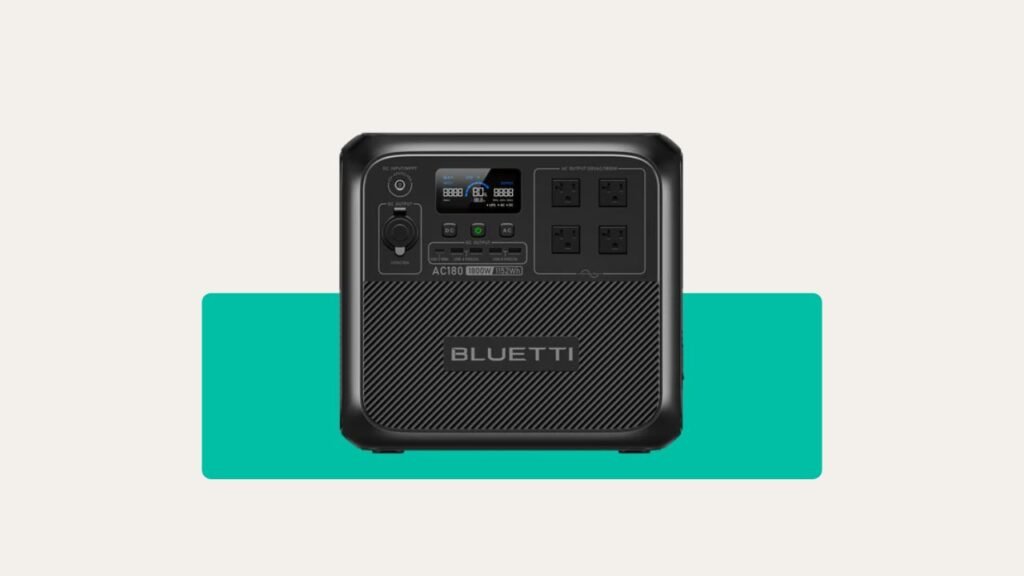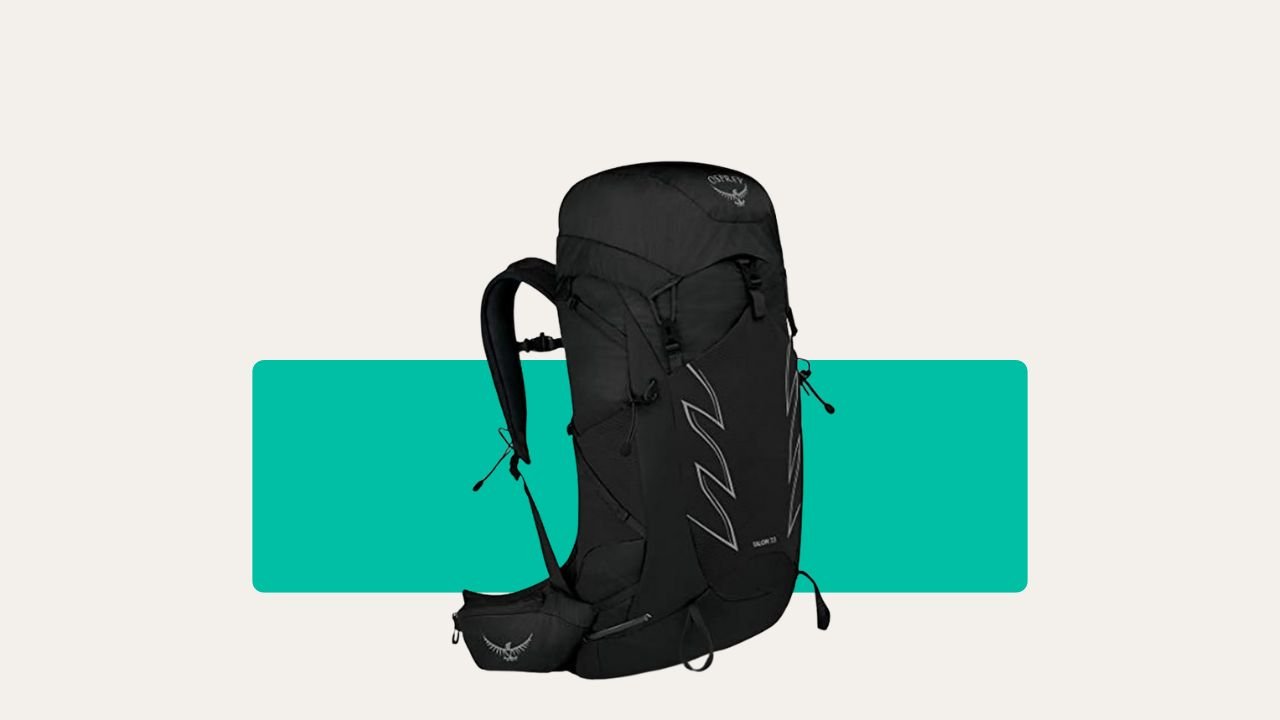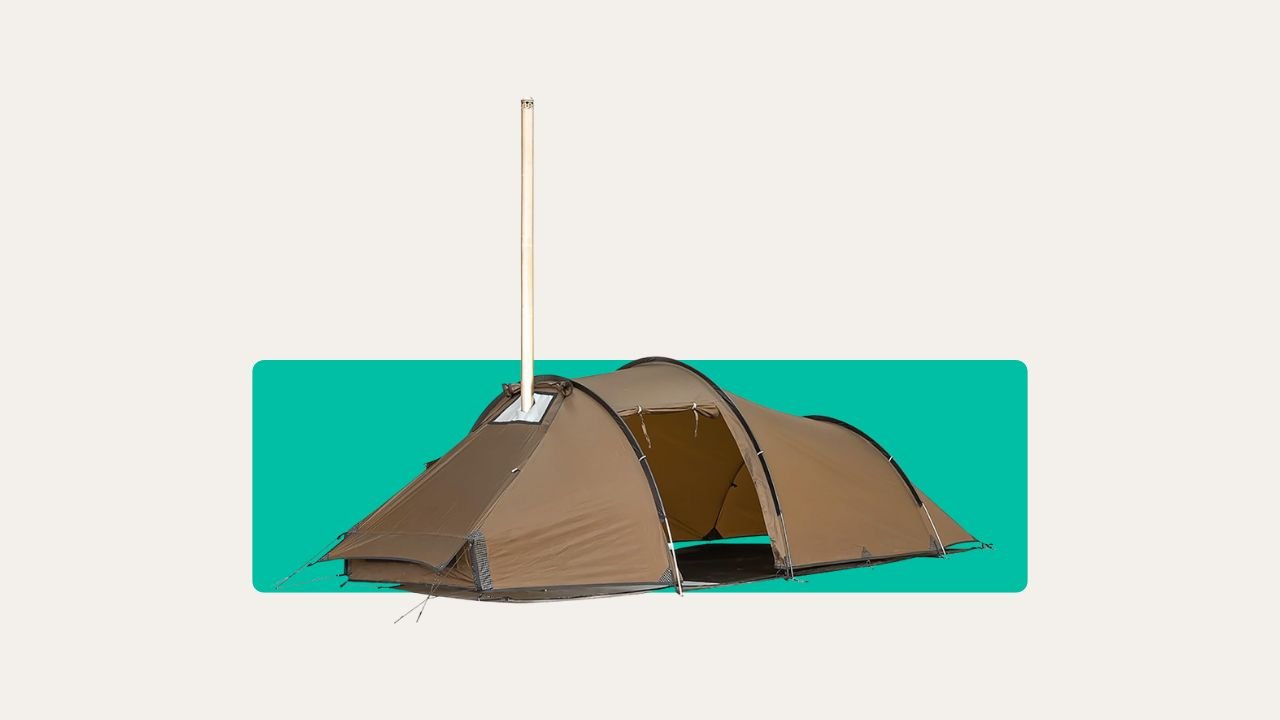Most people think a portable power station is just a fancy phone charger. They're wrong. Once you’ve spent a soggy weekend in the Lakes with a dead headtorch, cold beers, and no coffee, you realise the hard way. Modern camping isn’t just a tent and a torch anymore—it’s lights, coolers, kettles, maybe even the odd laptop or hairdryer if you’re brave. Power matters.
I learned this on a freezing Dartmoor weekend. We’d planned for sunsets and campfire stories. Instead, we shivered through drizzle with flat batteries and cold cider. Never again. Since then, every serious trip gets my power setup sorted up front—a lesson you only need to learn once.
Why Choose a Power Station for Camping?
If you want your campsite to feel like home and not a survival course, power is non-negotiable. Charging your phone is the bare minimum. Running a fridge for fresh food all weekend, powering camp lighting, surge boiling a kettle, or even running power tools if you’re setting up a glampsite—all this takes serious juice.
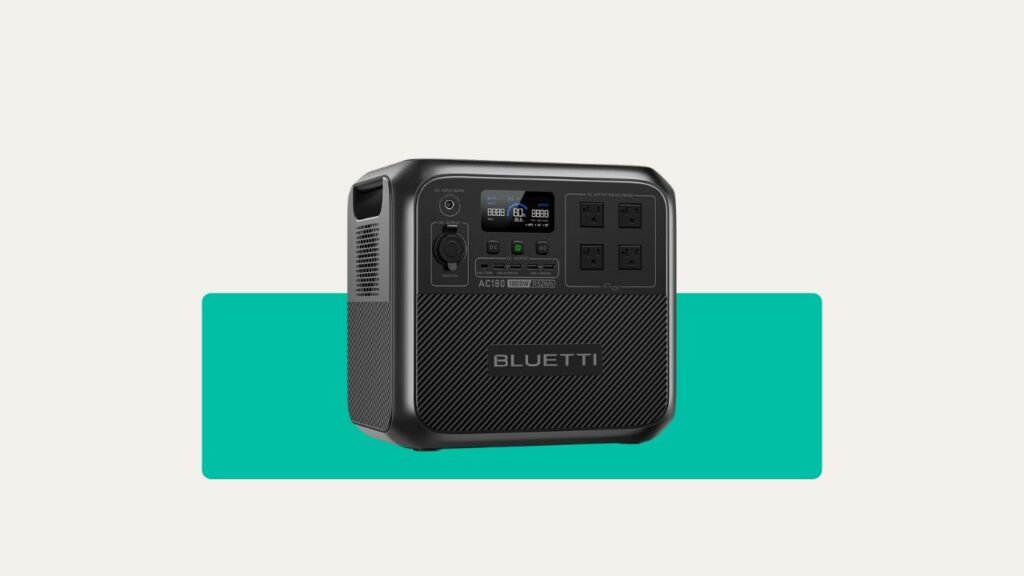
Some campsites are too remote for EHU (that’s electric hook-up for the uninitiated). During wild camping or even a family week by the beach, a reliable power station like the Bluetti AC180 can be a total gamechanger. I’ve lost count of the times I’ve seen folk trying to resurrect torches or share that lone power bank like rationed chocolate. Trust me, proper power means comfort, safety, and a better night’s sleep.
What Comes with the Bluetti AC180?
Bluetti packs the AC180 with everything you need to get going. Out the box, you’ll find the power station itself, an AC (mains) charging cable, a car charging lead, and a solar charging cable (you’ll need your own solar panel). There’s a hefty manual—keep it handy for a quick setup check if it’s your first time—and a five-year warranty card, which is rare and pretty reassuring.
First thing you notice: it feels solid. Nothing rattles or flexes. The finish is smooth, the handles are integrated—easy to get your mitts around even on cold mornings, and there’s no annoying power brick. That’s a win already.
Size, Weight, and Build Quality
Let’s be honest, it’s hefty for one person, but not a backbreaker. At 15.9kg, you won’t be lugging it on hill walks, but for car camping, van life, or base camp—perfect. The handles let you hoist it round the boot, or over rough ground, without finger strain. It measures 34 x 24.7 x 31.7 cm—a boxy shape that’s easy to pack. I once fit mine under a camp table so it was out of the weather and hands (keep those curious kids away).
Build quality is top-notch. The LiFePO4 battery chemistry is heavier than some competitors, but it pays off with long life and stability (3,500+ charge cycles). After months of knocks, drizzles, and a stray boot or two, mine still looks nearly new.
Features that Matter Most Outdoors
The Bluetti AC180 is specced to work for UK campers, not just the tech crowd. There are two UK 230V sockets (1,800W continuous output), a 100W USB-C port for laptops and fast-charging phones, two USB-A ports (solid for torches or speakers), a 12V car port, and a 15W wireless charging pad. No more losing cables at 2AM.
Rapid charging is the real winner. From a mains outlet, you can top it from empty to 80% in about 45 minutes. The display shows exact wattages in and out, so you can keep an eye on what’s draining your juice fastest. The app—yes, there’s an app—lets you tweak settings, update firmware, and check battery levels via Bluetooth or Wi-Fi.
Noise-wise, under 100 watts it’s all but silent. Even when pushing out over a kilowatt (think kettle or toaster), it never goes louder than a quiet fan—quieter than my last tent-mate’s snoring, to be fair.
Putting the AC180 to the Test at Camp
Here’s where it matters. In practice, this thing just works. I’ve run a 45L fridge for two full days, topped up everyone’s phones, kept a lantern going all night, and still had juice spare. If you want to play camp chef, it’ll handle a 1,500W kettle—just not at the same time as the toaster. “Power Lifting” mode even lets it start up high-surge gear like a normal home kettle or toaster, which normally trip lesser stations.
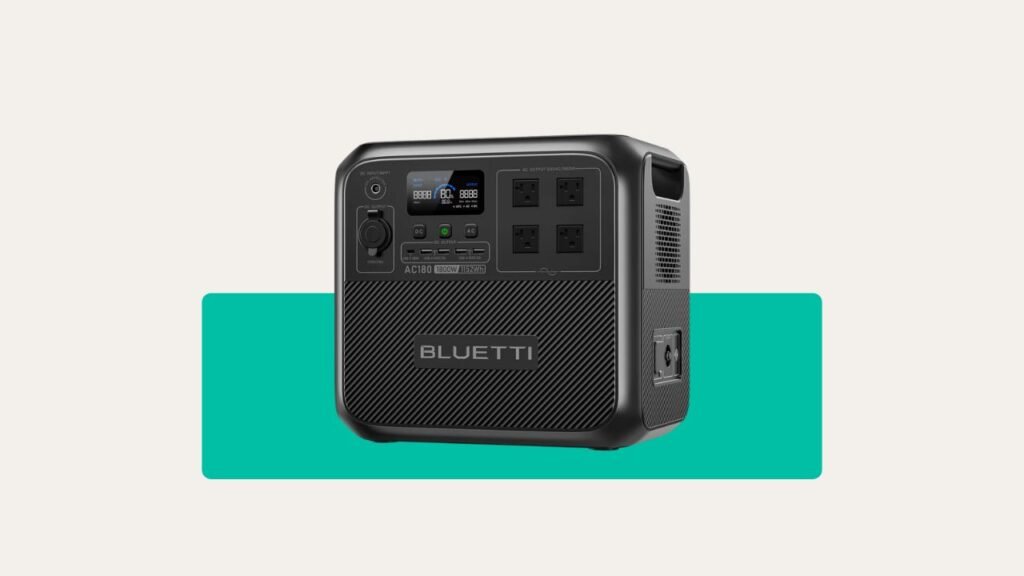
Nighttime is when most portable power lets you down. The AC180, on light loads, is dead quiet and throws no unwanted light. You won’t hear it over the rain, believe me.
One warning: if, like me, you have curious kids or the local wildlife is bold, keep it off the ground or under cover. It’s splash-resistant, but don’t tempt fate.
Charging Methods and Speed in Real Life
Getting power back in is just as important as what you can take out. On mains, the AC180 is astonishingly fast—full in about an hour on Turbo mode (good for those “oh no, forgot to charge it” moments). Solar charging works well with up to 500W panels. With midsummer sun, I got a full charge in a touch over three hours—from flat to full on just sunlight. On grey days, figure on longer.
Car charging is handy for road trips, but slow (100W max) and best for keeping it topped up, not a full fill. This goes for all big stations, not just Bluetti.
Pro-tip: Carry a short extension lead so you can keep the Bluetti inside the tent or awning and plug things in without trailing cables out into the drizzle.
Comparison: AC180 vs Rival Camp Power Stations
There's plenty of competition, but here’s a no-nonsense breakdown:
EcoFlow Delta 2: Expandable battery, more outputs, slightly lighter, but pricier and only a three-year warranty. Solar input a bit weaker.
Jackery Explorer 1000 Pro: Lighter, simpler, but less power, shorter warranty, and NMC batteries don’t last as long as LiFePO4.
Anker PowerHouse 757: Closer in weight and capacity, but usually a bit dearer and not as fast on the charge.
In the real world? The Bluetti AC180 stands out for warranty, charging speed, and long-term battery durability. If you want more sockets or longer runtime off-grid, an expandable station like the EcoFlow makes sense. If you’re a weekend-only type, the Jackery might be enough. For a mix of speed, toughness, and capacity—the AC180 is spot on.
What Makes the UK AC180 Different?
Every UK camper has wrestled with adapters and voltage worries. The AC180 UK version gives you standard 230V UK sockets—no faffing with adapters, just plug and play. Output voltage is bang-on for our kettles, laptops, and appliances. Everything else is identical to the US/EU models, so you get the same build, battery, and features.
If you’ve ever fried an import or struggled with dodgy adaptors in the field, you’ll appreciate this.
Pros and Cons for Real Campers
Pros
- Super-fast charging on mains
- Solar ready and flexible charging options
- Real UK sockets—no converter needed
- Handles almost all common camp appliances (fridge, kettle, lights)
- Tough, well-built, long-life battery
- Quiet operation—no sleep disturbance
- App control for low-effort monitoring
- Five-year warranty gives real peace of mind
Cons
- Heavy for carrying long distances (best for car/van)
- Only one 100W USB-C port (could use more, or higher output)
- Not expandable if you need twice the juice later
Not expandable if you need twice the juice later - Bit pricey compared to lighter, smaller units
Final Verdict: Who Should Buy the Bluetti AC180?
If you’re serious about camping, van trips, festivals, or want home backup power, the Bluetti AC180 is a great shout. It’s ideal for weekend warriors who don’t want to stress about dead batteries, families running multiple devices, or anyone needing reliability far from mains.
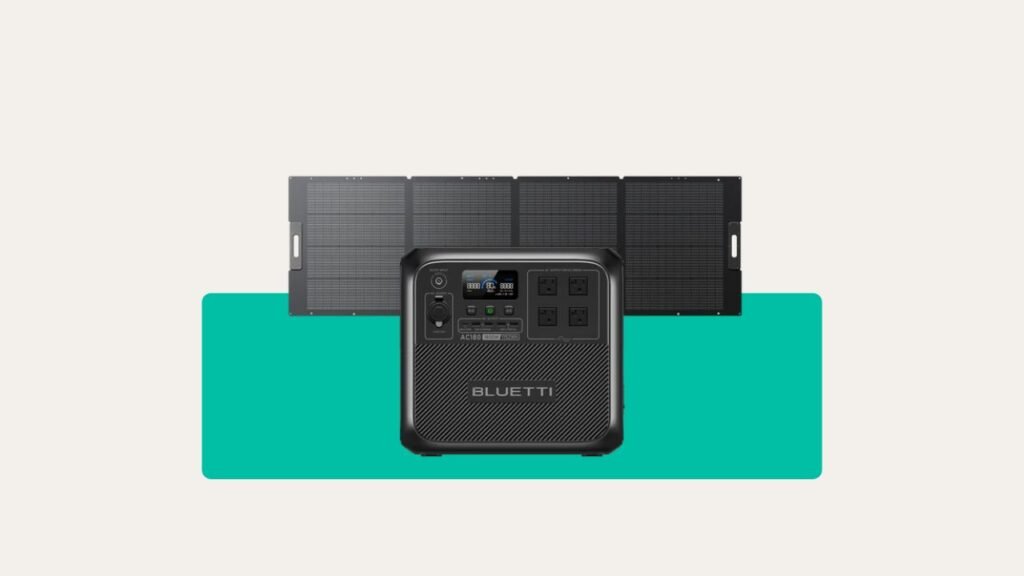
For wild campers or those who hike it all in, it’s overkill—try something lighter. For year-round campers, off-gridders, or anyone who needs to know the power is always there—it’s worth every penny.
I’d put it like this: If you want comfort at base camp, hate faffing with low power, and see value in kit that lasts, buy the Bluetti AC180 UK. It’s the best all-in-one I’ve used so far.
Common Questions about the Bluetti AC180 UK
Can it run a fridge overnight?
Yes. I’ve run a medium-size compressor fridge for two nights straight (plus charging devices) on a single charge.
What’s the best way to recharge off-grid?
A decent solar setup—300–500W of quality panels, aimed well. Stay realistic: in winter or Scottish drizzle, charge times are much slower.
How’s the warranty and support?
Bluetti’s five-year warranty beats almost anyone, with quick online support if anything does go wrong.
Do you need Wi-Fi for the app?
No. Bluetooth lets you control and check it locally, perfect for rural spots with no signal.
Still got questions? Sound off below, and I’ll answer with what I’ve learned at muddy, windswept campsites around the country.
For those after no-nonsense, reliable power at camp, the Bluetti AC180 UK is the device I’d trust—rain or shine.

